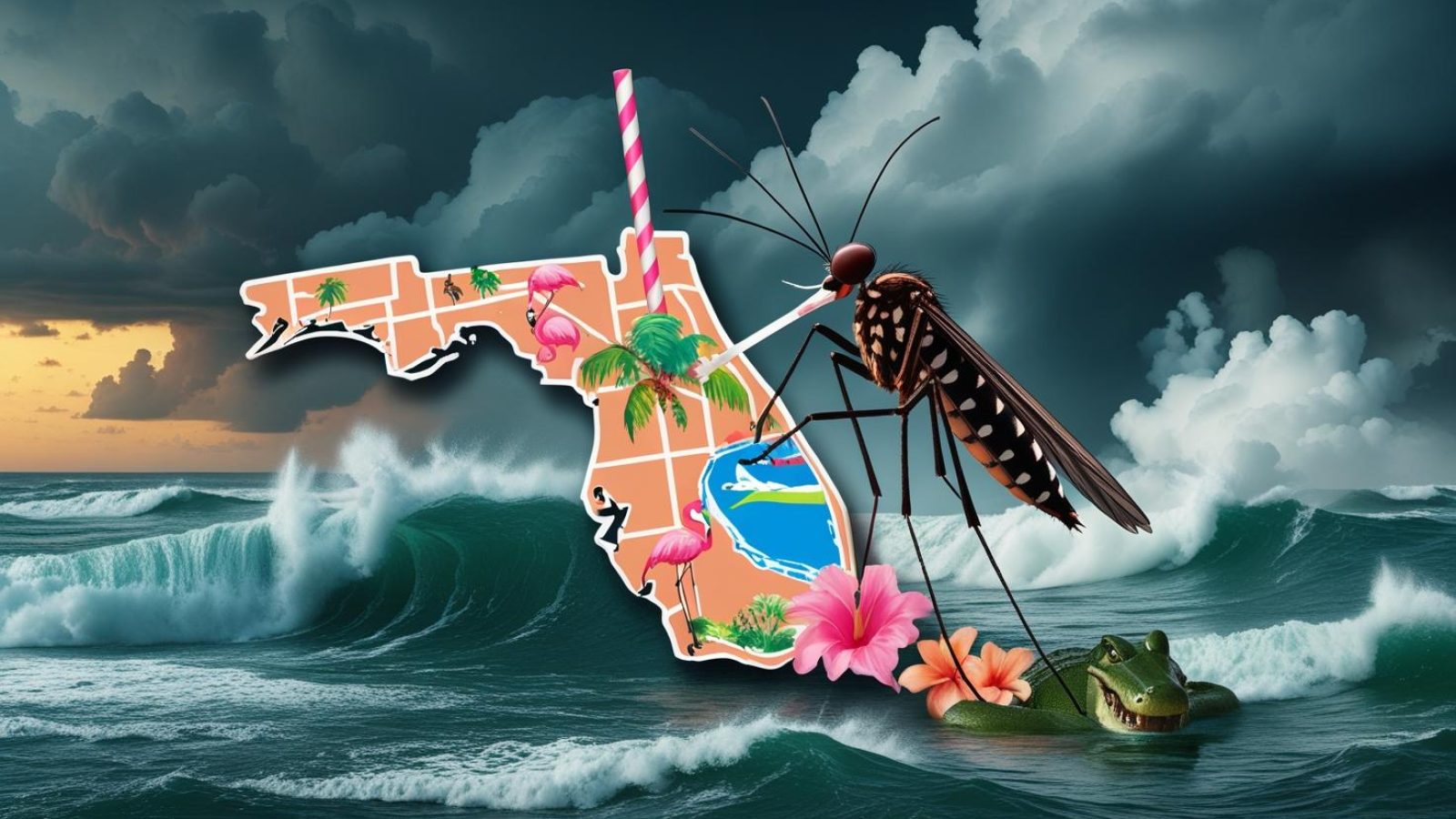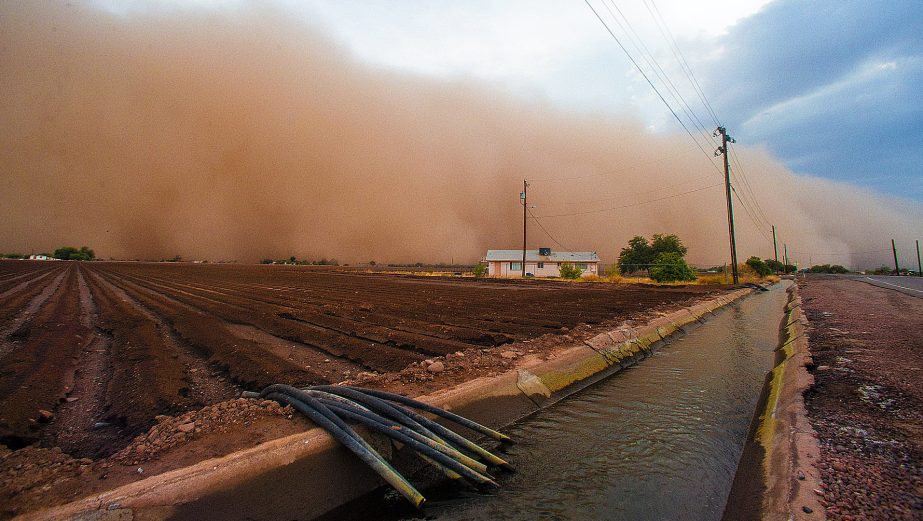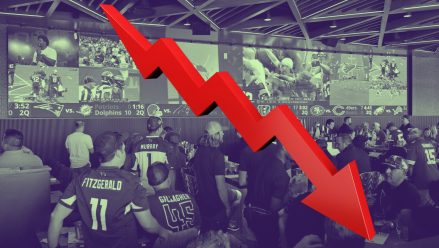Good news: The black market’s share of the sports betting economy in Florida has shrunk 19% since 2022, according to a report commissioned by the American Gaming Association.
Bad news: That illegal market in 2024 was still generating $258 million in annual revenue for offshore operators, according to the Innovation Group study.
Good news, part 2: That’s way better than California.
The offshore figure represents a direct hit to the Seminole Tribe of Florida. It has a monopoly on retail and mobile sports betting in the state through a 30-year compact agreement signed in 2021, which was shut down during a protracted legal challenge and relaunched in 2023. The Seminole Tribe, which also gained the right to offer craps and roulette in its six state casinos — two of which are Hard Rock properties — pays the state of Florida $650 million each year in a revenue share agreement. The more Hard Rock recaptures the offshore market, the more it could pay to the state because of the tiered revenue structure of the compact.
A Hard Rock Bet Sportsbook spokesperson told InGame: “We remain focused on providing a safe, legal, and responsible sports betting experience for our players in Florida and all markets where we operate.”
Florida Attorney General James Uthmeier was one of 50 AGs to recently ask the U.S. Department of Justice to increase pressure on offshore sites.
Meanwhile, in California: illicit business
While the AGA study showed that the illegal market across the U.S. has grown 22% since its 2022 study, growth in California is more than 10 times that. The black market continues to exploit California, reaping its own monopoly until Indian Country and national operators coalesce around a plan to bring sports betting to the nation’s most populated state.
AGA Vice President of Research Dave Forman said the illegal market in California has grown 290% since 2022. In 2024, black market operators milked $818 million from there. By comparison, Pennsylvania’s legal sports betting market produced $778 million in revenue in 2024, according to InGame Intel.
“The illegal sports market story is really interesting,” Forman told InGame. “And it really does show the effectiveness of legalization. Obviously, there’s no legal sports betting in California, whereas Florida, now a legal market, that illegal sports betting market there has shrunk by 19 percent. It’s a really clear story, when you look at those two states, about how different legal regimes can impact the size of the illegal market and the effectiveness of moving people from the illegal to legal options.”
Big, yes, but how big is debate topic
Estimates and comps vary widely regarding the current size of the unregulated sports betting market in the United States. The AGA report pegs the figure at $84 billion in handle and $5 billion in lost revenue in 2024.
In testimony before Missouri gambling officials recently, Circa Sports CEO Derek Stevens claimed that around 75% of bets placed in the U.S. come from outside a regulated framework. And with growth of technology and ever-new disruption platforms, there’s always a new product pulling interest or patronage away from the regulated market.
For the nascent online casino industry in the U.S., that’s been sweepstakes casinos, despite recent legislative resistance. For the sports betting industry and the states that tax it, prediction markets have been a rising foe, especially with Kalshi and its peers beginning to offer parlays ahead of the NFL season.
Kalshi has forged ahead against legal action from three states, asserting that it’s federally regulated by the Commodity Futures Trading Commission, an understaffed agency that has not pushed back on its expansion into sports betting.
“We as the industry tend to harp on and focus in on the illegal as the alternative,” Brad Fischer, legal counsel for the Sports Betting Alliance (a coalition of sportsbook operators) said in July at the National Council of Legislators from Gaming States conference. “That is definitely the case. But we live in a time where you have such a broad array of options that are not even per se illegal, that are fast becoming existential threats to the industry.
“I look at prediction markets as the foremost. It’s something where there is fast becoming a much more sophisticated and user-friendly option that is open very quickly, that is not subject to and does not contribute what a licensed sports betting operator does in your state.
“And it’s happening right now. And it’s going to only become more prevalent in the future.”
The AGA did not factor prediction markets or sweepstakes casinos into its report.






